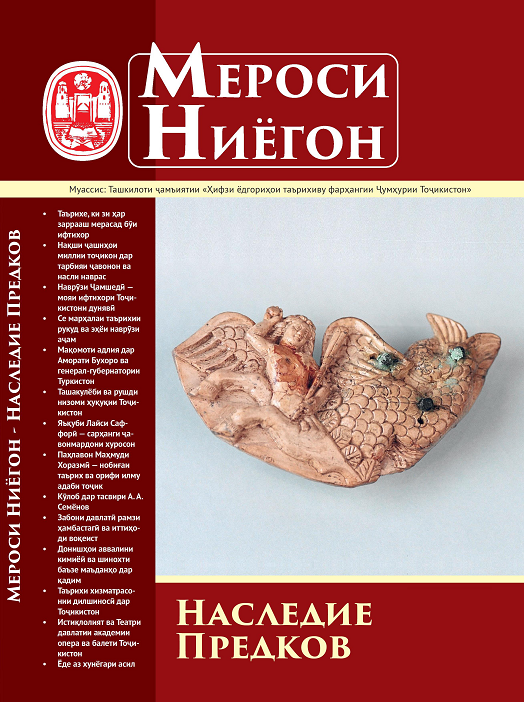Саид Нуриддин Саид - Мушовири ҳақиқии давлатии Ҷумҳурии Тоҷикистон, Раиси Кумитаи телевизион ва радиои назди Ҳукумати Чумҳурии Тоҷикистон, узви вобастаи Академияи миллии илмҳои Тоҷикистон,
Саидзода Раҳим Ҳамро- Вазири маориф ва илми Ҷумҳурии Тоҷикистон, доктори илмҳои техникӣ, профессор
Давлатзода Зулфия Давлат- Вазири фарҳанги Ҷумҳурии Тоҷикистон
Фарҳод Раҳими- Президента Академияи миллии илмҳои Тоҷикистон, академик
Кароматулло Олимов-Академики Академияи миллии илмҳои Тоҷикистон,
Юсуфшо Яқубшо - Академики Академияи миллии илмҳои Тоҷикистон,
Пирумшоев Ҳайдаршо - Доктори илмҳои таърих, профессор, узви вобастаи Академияи миллии илмҳои Тоҷикистон
Убайдулло Насрулло - Директори Института таърих, бостоншиносӣ ва мардумшиносии ба номи А. Дониши Академияи миллии илмҳои Тоҷикистон, доктори илмҳои таърих, профессор
Ҳамза Камол - Доктори илмҳои таърих, профессор
Мирзошоҳрух Асрорӣ - Ходими пешбари Института фалсафа, сиёсатшиносӣ ва хуқуқи ба номи А. Баҳоваддинови Академияи миллии илмҳои Тоҷикистон,
Абдувалӣ Шарифзода – Мудири шуъбаи таърихи илм ва техникаи Институти таърих, бостоншиносӣ ва мардумшиносии ба номи А. Дониш Академияи миллии илмҳои Тоҷикистон,
Мурод Ёров - Раиси Раёсати ташкилоти ҷамъиятии «Ҳифзи ёдгориҳои таъриху фарҳанги ҶТ»











